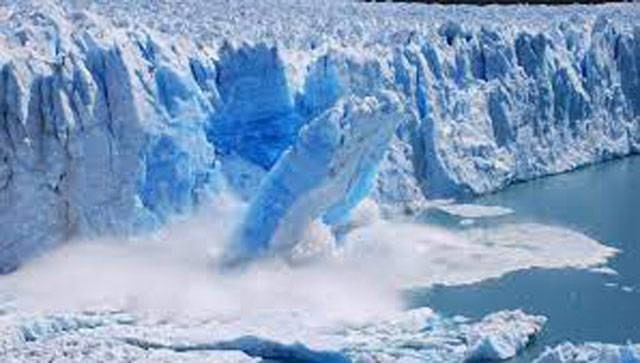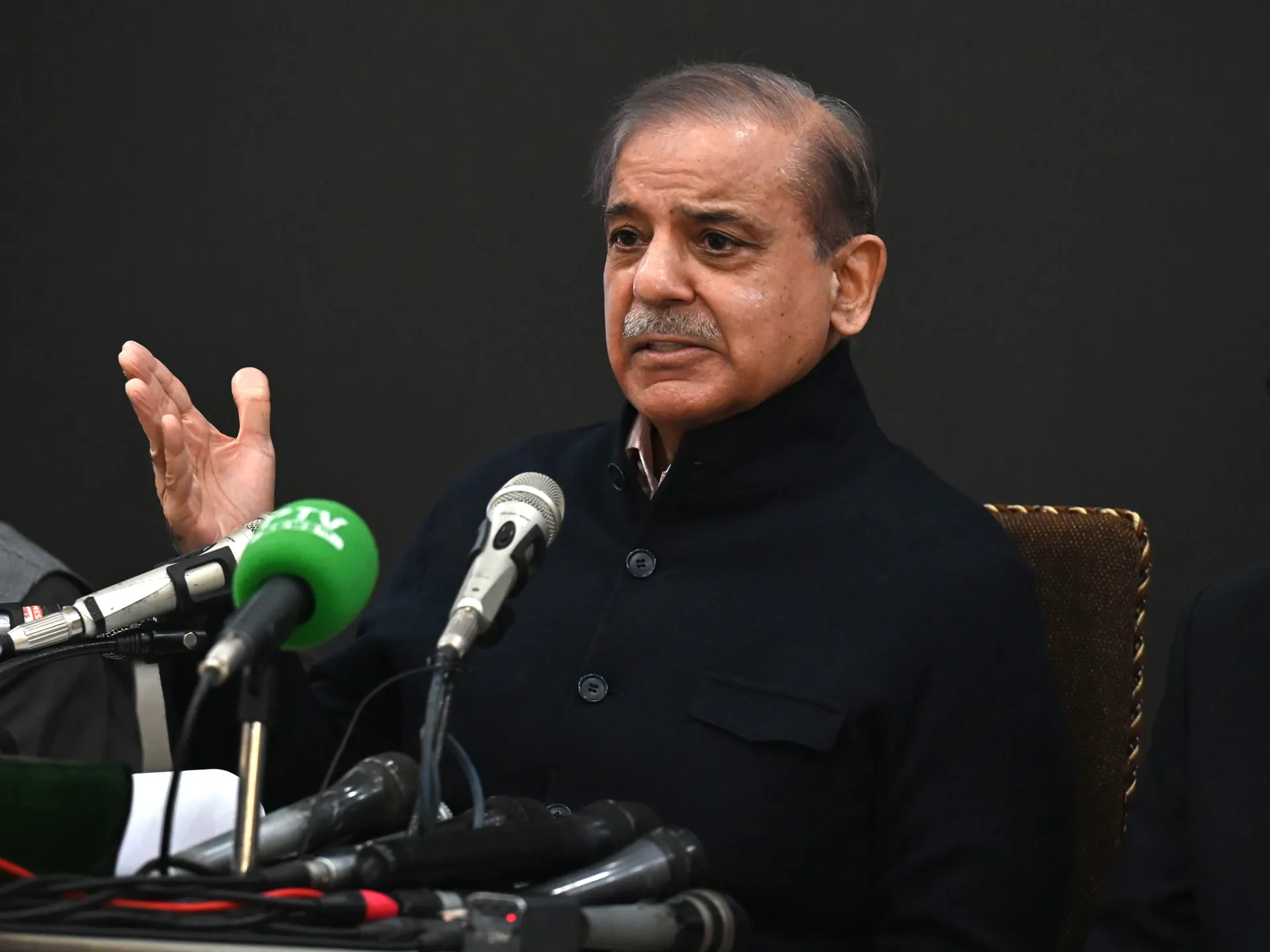National Disaster Management Authority (NDMA) Chairman Lieutenant General Inam Haider announced on Monday that Pakistan is currently experiencing its seventh monsoon spell, with two more expected before September 10. He cautioned that accelerated glacier melting poses serious risks to Gilgit-Baltistan and Kashmir, while Islamabad and Rawalpindi could also face potential impacts.
Speaking at a joint media briefing with Federal Minister for Climate Change Musadik Malik and Information Minister Attaullah Tarar, the NDMA chief stressed that climate change is speeding up glacier melt, raising the risk of floods in northern regions. Cloudbursts in Khyber Pakhtunkhwa have worsened the monsoon situation, he noted, recalling the devastation caused by the 2022 floods.
So far, around 670 people have lost their lives, while 80–90 remain missing. With two more monsoon spells to come, complete damage assessments will be finalized after September 10. Relief efforts are underway, with the Pakistan Army, government institutions, and local authorities prioritizing rescue operations and relocation of victims. Over 400 relief camps have been established under the Prime Minister’s directives, and convoys of relief trucks are being dispatched to Buner and other affected areas. Army engineers and aviation bases remain on standby, while large CMH hospitals have been placed on alert to handle emergencies. A national relief package is also expected to be announced soon.
Federal Minister Musadik Malik emphasized that Pakistan contributes less than 1% to global carbon emissions, yet faces severe consequences from the pollution of major industrialized nations. He highlighted the government’s commitment to compensating victims, restoring infrastructure, and pursuing rehabilitation efforts in collaboration with provinces.
Information Minister Attaullah Tarar added that the Prime Minister recently chaired a high-level meeting to review the flood situation and ongoing relief measures. He said NDMA has been providing consistent data through its early warning system, while coordination with provincial governments has remained strong. He assured that national institutions, the Pakistan Army, and welfare organizations are actively engaged in delivering aid and relief to affected communities.



